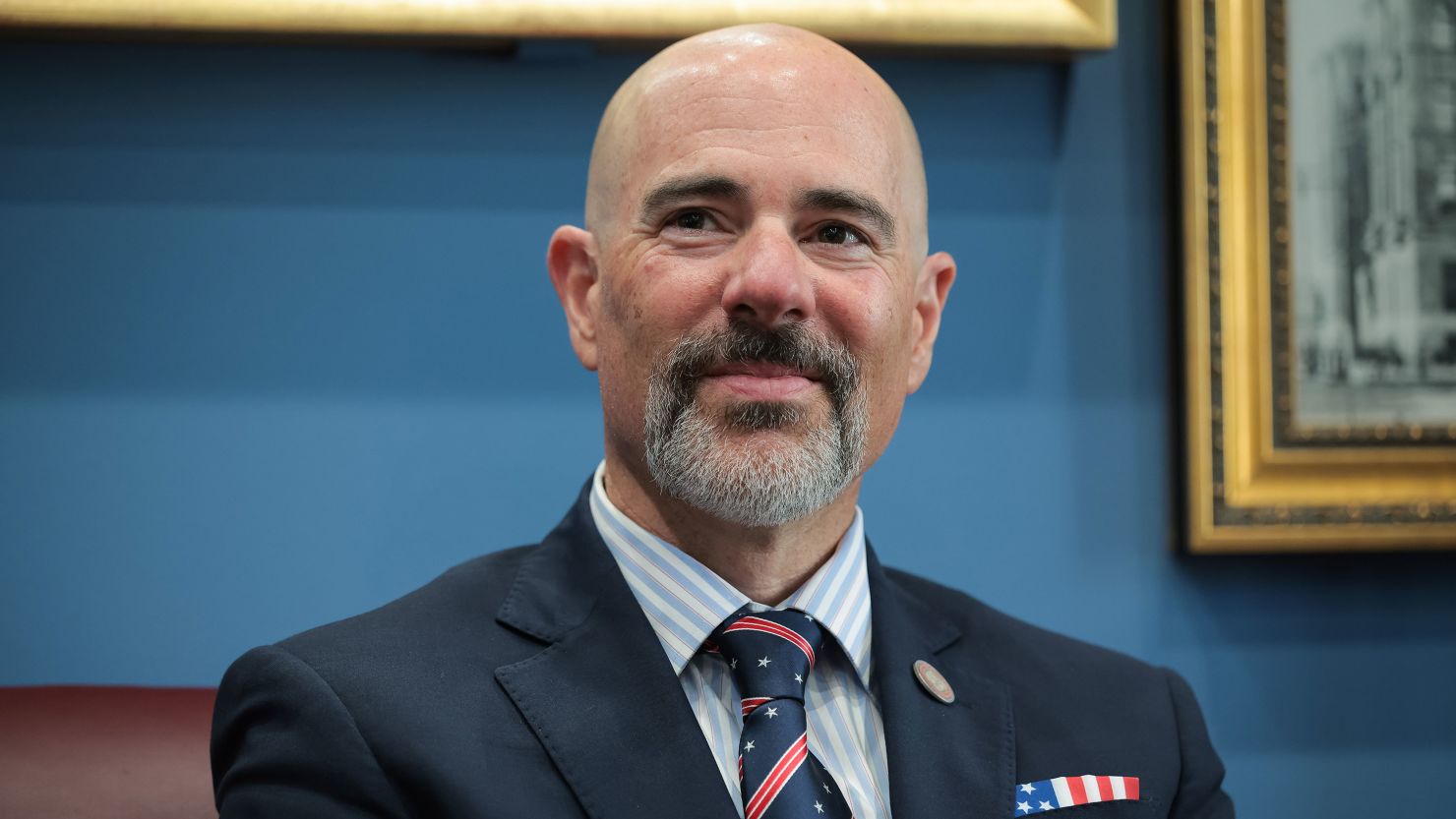The U.S. Senate narrowly confirmed President Donald Trump’s pick for Drug Enforcement Administration (DEA) Administrator, Terrance Cole, in a 50-47 vote on July 22. The decision places Cole at the helm of the stalled federal cannabis rescheduling process and ignites fresh debate over the agency’s future direction.
Cole, a former Virginia public safety official, assumes office amid mounting pressure to advance the DEA’s review of a proposal to move cannabis from Schedule I to Schedule III under the Controlled Substances Act. The rescheduling initiative, originally backed by the Biden-era Department of Health and Human Services, has been on hold for over six months.
Now, under a directive from DEA Chief Administrative Law Judge John J. Mulrooney II, Cole has full authority to determine whether to resume the public hearing process. During his April confirmation hearing, Cole said cannabis rescheduling would be “one of [his] first priorities,” but stopped short of committing to any specific outcome.
Industry leaders have expressed cautious optimism—and skepticism.
Aaron Smith, CEO of the National Cannabis Industry Association, urged Cole to honor his pledge to “follow the science” and emphasized the need for stakeholder collaboration. “The rescheduling process under the previous administration was unnecessarily protracted… we look forward to your renewed leadership,” Smith wrote in an open letter.
Flowhub CEO Kyle Sherman was less certain. “This was a Glenn Youngkin-backed appointment,” he warned, referencing the Virginia governor’s opposition to cannabis reform. Still, Sherman noted that Trump’s Executive Order 14215 mandates DEA alignment with the president’s drug policy goals.
Other executives, like Anthony Coniglio of NewLake Capital Partners and Terry Mendez of Safe Harbor Financial, highlighted the broader implications of Cole’s leadership. They cautioned that rescheduling alone won’t solve ongoing financial, legal, or compliance hurdles faced by cannabis businesses.
As Cole begins his tenure, stakeholders are watching closely to see whether he will champion meaningful reform—or preserve the status quo.
“The next 100 days will be telling,” Coniglio said. “This could be the start of a smarter, more modern drug policy—or just more delay.”
Read the whole article from CannabisBusinessTimes here.












